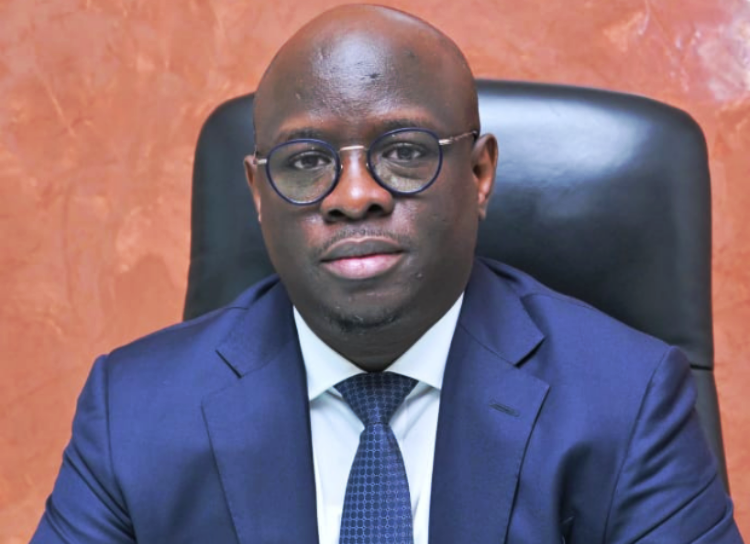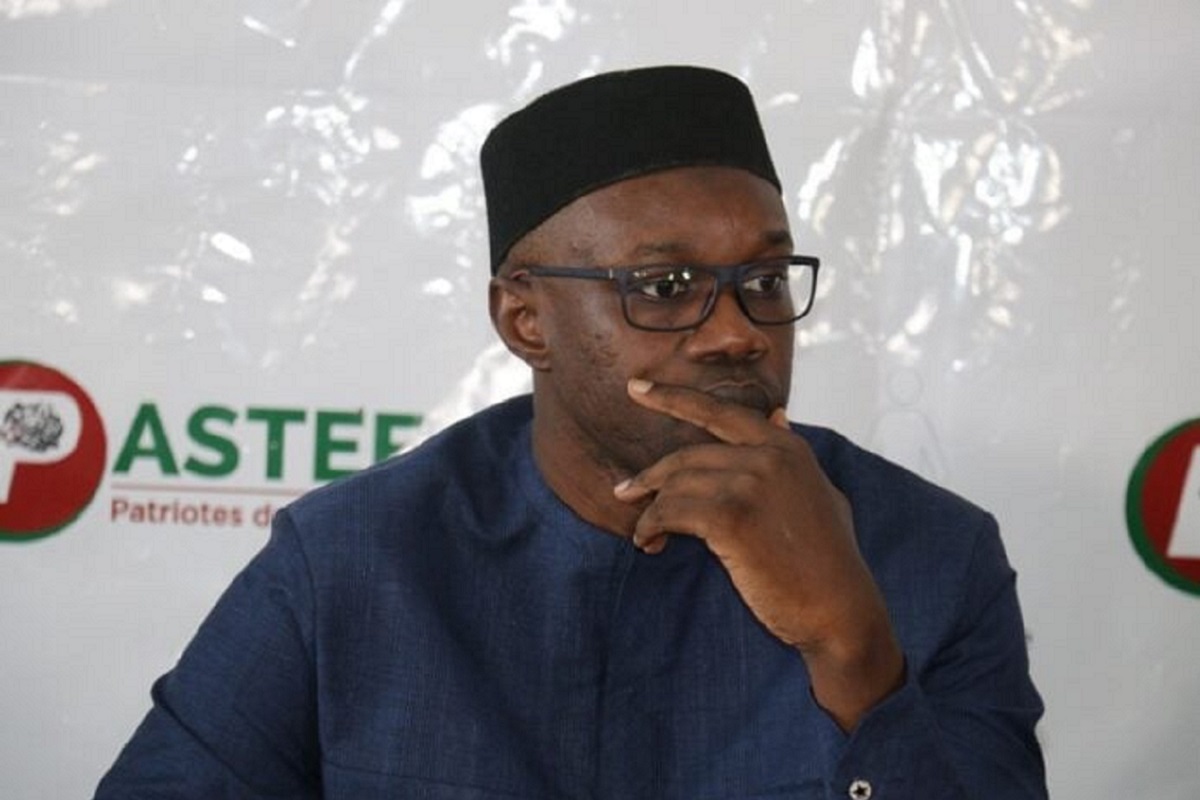Gambiaj.com – (Dakar, Senegal) – More than a year after President Bassirou Diomaye Faye and Prime Minister Ousmane Sonko assumed office on the promise of systemic reform and transparent governance, the government is grappling with deep-rooted inefficiencies within Senegal’s public administration.
At a cabinet meeting held Wednesday at the presidential palace, Prime Minister Sonko openly expressed his frustration over persistent dysfunctions across ministries and state institutions – flaws he says are undermining the daily operations of government and stalling the implementation of national priorities.
Sonko’s remarks were particularly pointed. He warned that unless the machinery of state administration is urgently modernized and reoriented, the ambitious reform agenda upon which the Diomaye-Sonko duo was elected will remain elusive.
His criticism comes as a sobering reality check for an administration that rode to power on a wave of popular demand for justice, anti-corruption, and administrative overhaul.
Reforms Still on the Drawing Board
In his address, the Prime Minister lamented that reforms targeting the core of the public service remain largely uncoordinated or altogether stalled.
As a corrective measure, Sonko announced the establishment of a dedicated reform unit within the Prime Minister’s Office to coordinate, guide, and monitor state reforms across sectors.
This unit will serve as a nerve center for change, tasked with implementing a wide range of priorities: from digitizing the administration and enhancing citizen access to information to overhauling human resource policies and introducing civic training programs aimed at instilling patriotism and competence in public servants.
He further stressed the need to create an equitable and transparent compensation system across the public and parapublic sectors, echoing long-standing concerns about pay disparities, nepotism, and lack of performance accountability.
The government’s reform ambitions also include the creation of a comprehensive social protection system and better integration of digital tools to streamline services.
But translating those ambitions into practice has proven more difficult than anticipated, especially within an administrative system still plagued by legacy inefficiencies and bureaucratic resistance.
Dysfunction in Strategic State Bodies and Implications for the Diomaye-Sonko Project
Sonko’s frustration reached its peak when addressing the issue of representation in the deliberative bodies of the para-public sector – state-linked institutions crucial to service delivery and national development.
He described a grim picture of widespread mismanagement: strategic decisions being taken without prior consultation; irregular or nonexistent reporting; poor document archiving; expired mandates for directors; and, in many cases, unqualified individuals occupying key posts in defiance of legal norms.
These problems, Sonko noted, are not merely administrative lapses – they amount to a systemic breakdown that jeopardizes public trust, the quality of service delivery, and the integrity of national governance.
In response, he issued a clear directive to all ministers to regularize the composition of these decision-making bodies without delay, in line with Decree No. 2025-670 issued in April.
Sonko also emphasized the need for a merit-based approach in selecting representatives to these institutions, calling for strict adherence to qualification criteria and performance standards.
The Prime Minister’s candid rebuke, over a year into the administration’s tenure, reflects both the depth of the challenge and the urgency to salvage the reform project before disillusionment sets in.
For a political duo that campaigned on the promise of breaking with the past, these internal dysfunctions risk eroding public confidence and slowing down the pace of change.
Before Sonko, the President of the Republic, Bassirou Diomaye Faye, emphasized the need for tighter oversight of parapublic sector firms, urging coordination across administrative, technical, and financial position holders to ensure transparency, efficiency, and better use of public resources.
While Sonko’s determination is evident – bolstered by his insistence on change management mechanisms and the development of a clear reform roadmap – his intervention signals a moment of reckoning for a government now facing the bureaucratic inertia it pledged to dismantle.
The coming months will be critical in determining whether the administration can overcome these internal hurdles and deliver on its reformist mandate or whether it will be subsumed by the very system it vowed to transform.










